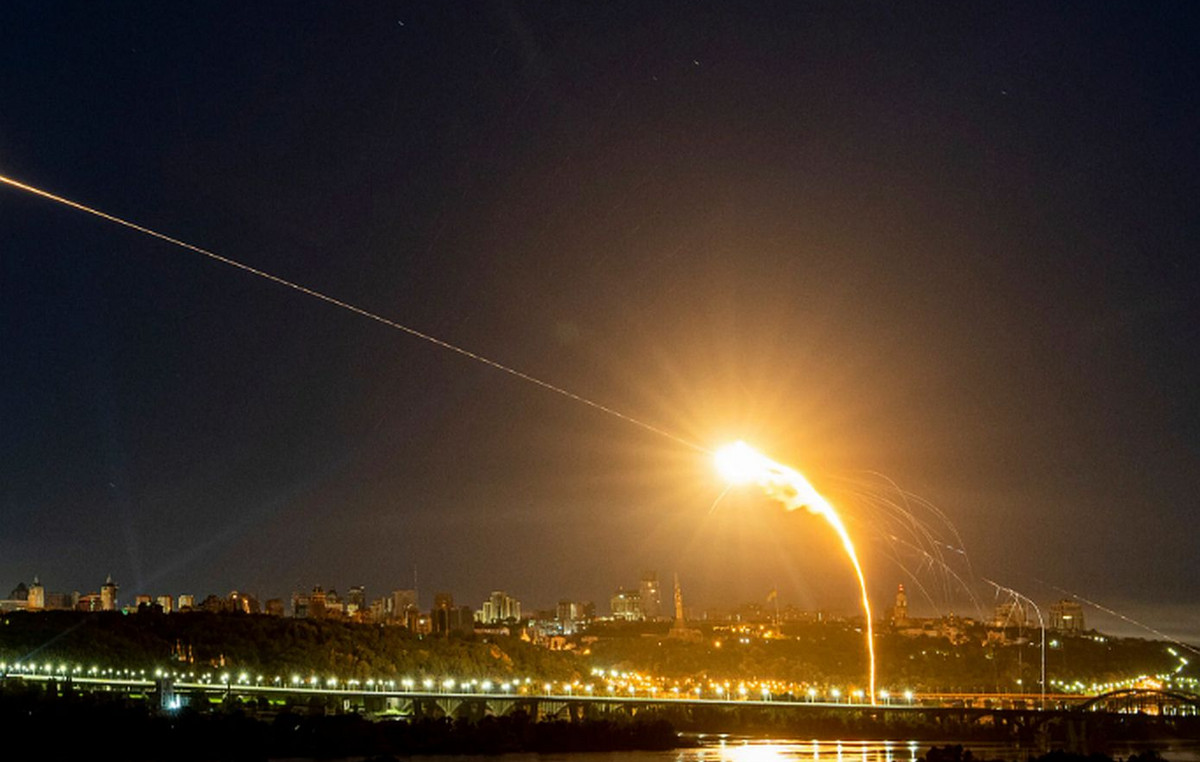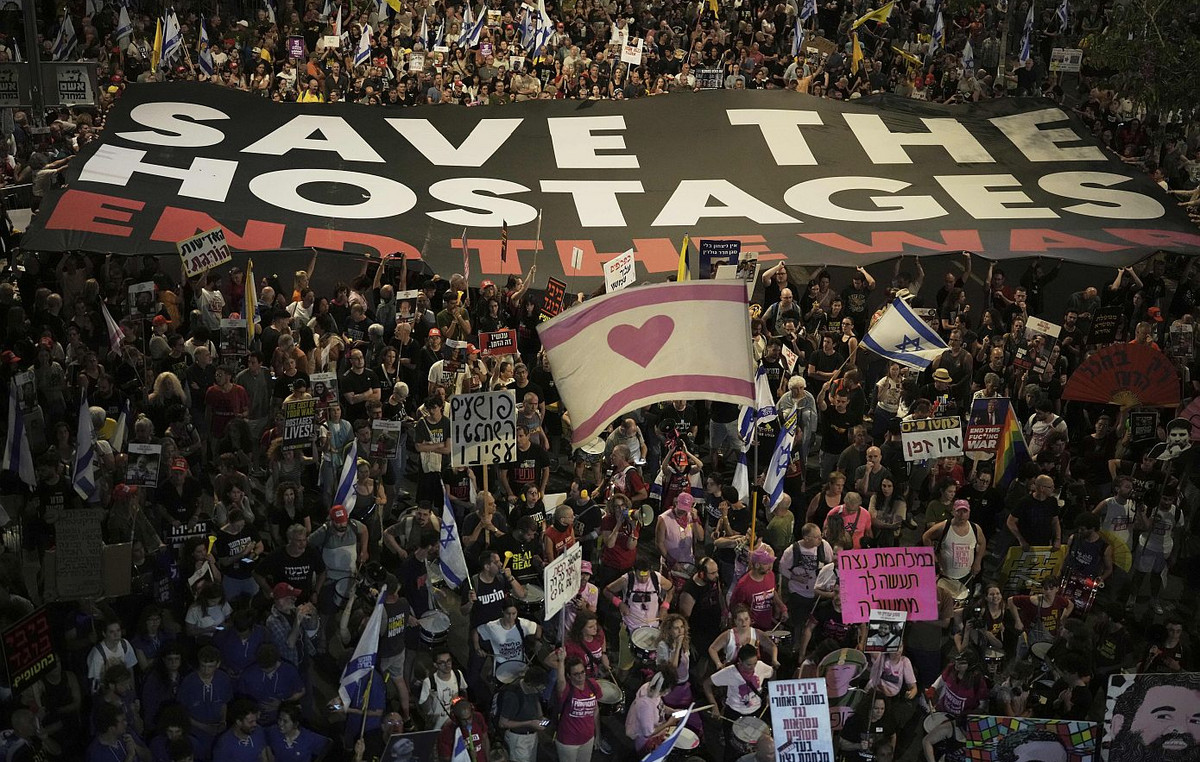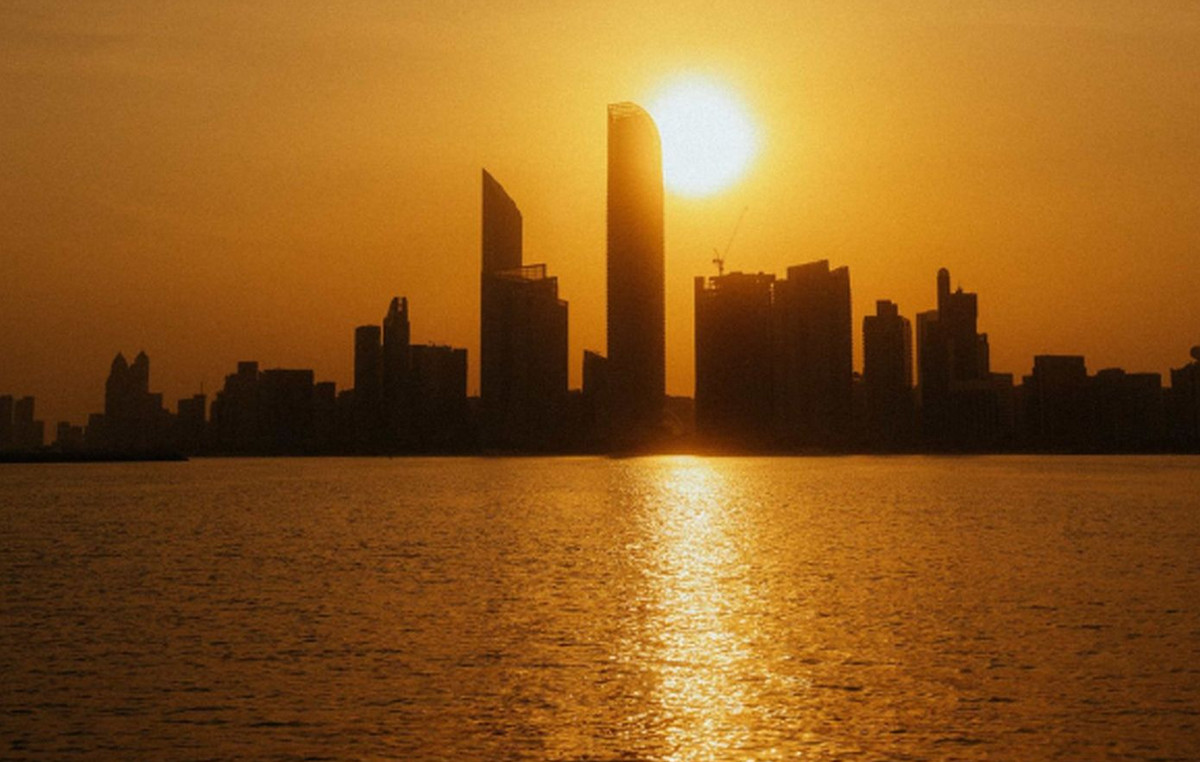Brazilians already pay, on average, R$ 7,471 per liter of gasoline. After the increase in refineries, announced by Petrobras last Friday (11), the country recorded an increase of 8.14% in pumps. The data are from ValeCard, a company in the fleet segment, specialized in electronic payments.
With the readjustment, only between the period from March 11 to 13, the country suffered an increase of R$ 0.56 in the average price of a liter of fuel. The comparison takes into account the first ten days of the month, when the cost to fill up at gas stations was around R$ 6.909 per litre. To carry out the survey, the company evaluated the numbers of 25 thousand establishments.
In all, only two states continue with the average fare below R$7 —São Paulo, with R$6,981, and Amapá, with R$6,993.
On the other hand, in two capitals, drivers already find a liter of gasoline at almost R$8 at the pump. In Belém, Pará, it is necessary to pay R$ 7.848 for each liter filled. In Natal, in Rio Grande do Norte, the price is even higher: R$ 7,945.
Since the state-owned company readjusted the values, Acre was the only state to register a drop in the price of fuel, with a decline of 9.21%. There, the average fare went from R$7,820 to R$7,100.
chain impact
So far, this is the most expensive amount paid per liter of gasoline by Brazilians in 2022. In January and February, the average cost of drivers was, respectively, R$6,908 and R$6,880 per liter.
The variable income advisor at Acqua-Vero Investimentos, Heitor de Nicola, explains that these changes do not only weigh on the final consumer’s pocket, but also impact the country’s production chain. “This increase ends up being reflected in each and every product. Looking at it from our perspective, we are talking about a country where a large part of the cargo transported is carried out by road”, he recalls.
Faced with this economic dependence, Nicola warns of the repercussions of Petrobras’ decision in the transport sector. “More expensive gasoline ends up with freight adjustments. Companies are not going to bear this cost. Thus, they end up passing on to the final consumer. In the end, the price becomes more expensive and we talk about more inflation”, he says.
Despite the unfavorable situation, the expert points out that high fuel expenses are not an exclusive problem in Brazil.
“We have seen cases in the United States of people puncturing the fuel tanks of cars to steal gasoline. It’s something all over the world. Today, there is a meeting of the Monetary Policy Committee (Copom) and one of the Central Bank of the United States (Federal Reserve), which should increase interest rates both there and here. Everyone is being affected by this”, he concludes.
* Under supervision of Stéfano Salles
Source: CNN Brasil
I am Sophia william, author of World Stock Market. I have a degree in journalism from the University of Missouri and I have worked as a reporter for several news websites. I have a passion for writing and informing people about the latest news and events happening in the world. I strive to be accurate and unbiased in my reporting, and I hope to provide readers with valuable information that they can use to make informed decisions.





